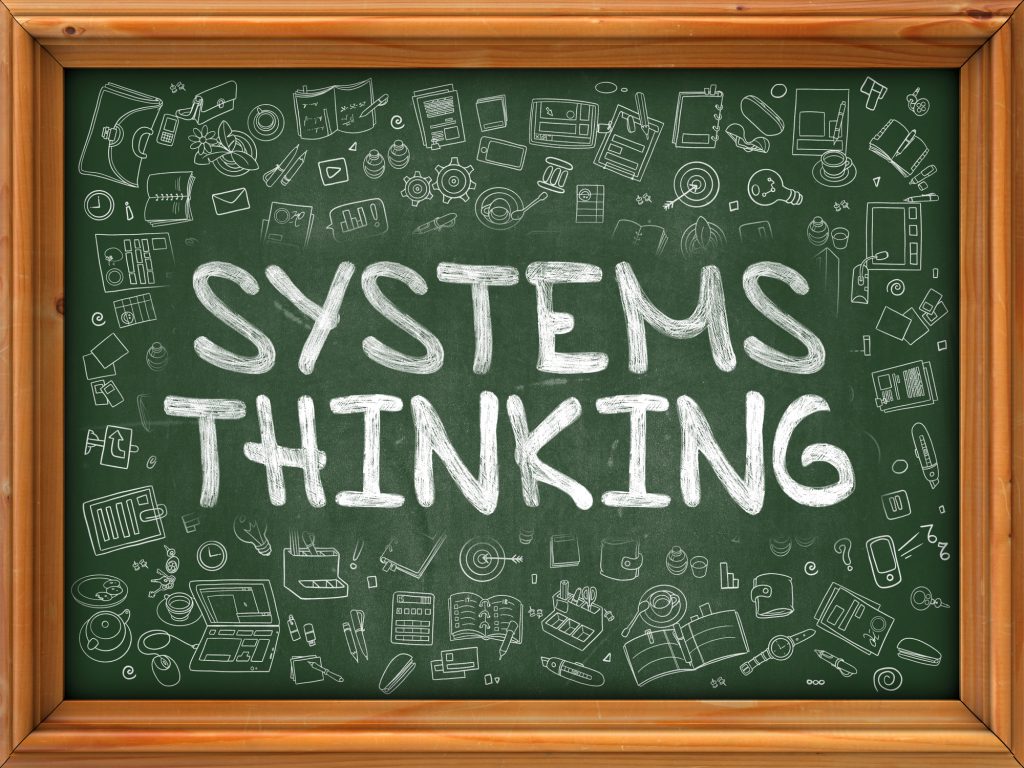8 Things I Wish I Knew Before Starting My Business: #3 Invest in People & #4 Do What You Do Best

The Importance of Placing the Right People in the Right Roles Early in Your Business
Starting a business is a challenging yet exciting endeavor.
While it may seem like you need every role filled from day one, the reality is you don’t.
For instance, Steve Jobs started Apple with just a handful of employees, each with a specific role.
However, you should have a plan to place the right people in the right roles early on.
This strategy can set the foundation for scalable and sustainable growth, just like how Jeff Bezos strategically built Amazon’s team.
Why the Right People Create the Right Systems
When you place the right people in the right roles, they inherently create productive systems and standard operating procedures (SOPs).
But how do you identify these right people?
Look for individuals who not only have the necessary skills and experience but also align with your company’s values and culture. Essentially, the right people equal efficient systems. These individuals will handle everyday tasks, freeing up your time to focus on what you do best.
This delegation is crucial because, as a leader, your focus should remain on steering the company toward its strategic goals rather than getting bogged down by routine tasks.
Focus on Your Core Strengths
One common pitfall for young companies is the temptation to say yes to every potential client and project. While this approach might secure initial sales, it often leads to distraction from core competencies.
By sticking to what you and your company do best, you can maintain high margins, efficient processes, and a strong team. Venturing outside your sweet spot can disrupt systems, as you may lack the necessary skills and processes for new, unfamiliar tasks.
By focusing on your core strengths, you can reassure and build confidence in your team and your business decisions.
The Risks of Overextending
New companies often have a strategy or idea person at the helm—someone brimming with big ideas and strategies. While this creativity is invaluable, it can also lead to problems if every new client requires a custom solution.
This approach forces the company to constantly reinvent the wheel, preventing the development of repeatable systems. Without these systems, scaling the business becomes incredibly challenging.
The CEO or leader becomes overwhelmed and unable to delegate because the tasks are too customized and not standardized. This can lead to burnout, inefficiency, and a lack of focus on strategic goals.
Building Repeatable and Scalable Systems
By focusing on placing the right people in the right roles, you can create repeatable products and services that your team can implement efficiently.
This repeatability is key to scaling your business. It frees up time, reduces errors, and allows your team to work within their strongest skill sets.
But how do you build these systems?
Start by documenting your processes, identifying areas for improvement, and implementing changes. Empowering your team to develop and refine these systems ensures that your business can grow sustainably.
The success of a young company heavily depends on its ability to place the right people in the right roles early on. These individuals will create productive systems and SOPs, enabling the business to operate smoothly and efficiently. Focus on your core strengths and resist the urge to take on every project that comes your way.
By doing so, you can build a scalable and sustainable business that leverages your team’s unique talents and maintains high-quality standards.
This commitment to quality should inspire and motivate your team, as they see the value in their work. Remember, the right people create the right systems, and the right systems lead to business success.







Responses